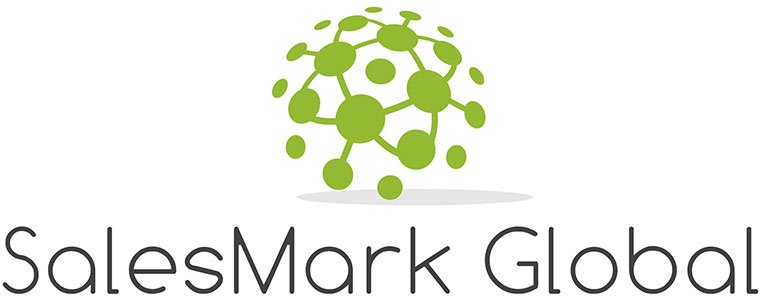Real-World Use Cases for Intent Data in Marketing
Table of contents
- Introduction
- What is Intent-based Data Marketing?
- Importance of Intent-based Data
- Real-World Use Cases
- Conclusion
Introduction
Success in any business hinges on sales conversion. To attain this crucial objective, B2B marketers harness the power of intent data to fuel their marketing activities and gain deeper insights into the behaviors of their target audience.
Research indicates that 70% of business-to-business marketers utilizing intent data deem their digital marketing approach highly effective.
This blog will spotlight real-world case studies, illustrating how companies have successfully integrated intent-based data into their marketing strategies.
What is Intent-based Data Marketing?
Intent-based data marketing involves leveraging data gathered throughout a B2B customer’s journey to identify and understand their purchasing intent. To illustrate, consider a software company offering cybersecurity solutions. If a business executive starts researching cybersecurity trends, visits the company’s website, and downloads a whitepaper on threat detection, the intent data collected provides valuable insights. It reveals not only the specific topics the customer is interested in but also signals a potential interest in upgrading their cybersecurity measures.
This data enables the marketing team to tailor targeted strategies, such as offering relevant content or personalized product demonstrations, aligning closely with the customer’s demonstrated intent, and enhancing the overall effectiveness of the marketing approach.
Importance of Intent-based Data
When you get a good idea of what your customer wants, you can produce tailor-made communication that can be useful and relevant. Around 71% of customers expect personalized offers and customer experiences when they visit your website. So, with the help of intent-based marketing, B2B marketers can target each customer with the right message at the right time to create more conversions.
Real-World Use Cases
Fewer companies can understand the true worth of intent-based data. Hence, through the below real-world instances, we present the idea that collaborative efforts between sales and marketing teams often result in successful sales conversions.
1. Starbucks
The Starbucks app uses intent-based data to suggest drinks for their users based on their previous orders. The app tracks the time, day, and location and monitors coffee habits to provide personalized recommendations. This not only enhances customer convenience but also fosters loyalty to the Starbucks brand.
2. Amazon
Similarly, Amazon employs a recommendation engine on its platform, utilizing browsing and purchase history to provide users with tailored product suggestions, streamlining the shopping experience.
3. Netflix
Netflix utilizes a sophisticated recommendation engine that analyzes users’ viewing habits, preferences, and genre preferences to offer personalized movie and series recommendations.
4. TripAdvisor
TripAdvisor is a master in intent-based data marketing, guiding users through its marketing funnel and delivering reviews and recommendations aligned with their travel preferences and intent.
Conclusion
Intent data has become an important marketing tool for every B2B company as it helps the sales and marketing teams make early decisions and increases the depth of the data field. The strategic use of intent data not only increases data accuracy but also has the potential to significantly supercharge your revenue with data accuracy.
Visit Our SalesMarkBlog Section to Uncover the Sales Strategies That Ignite Your Sales Journey!


